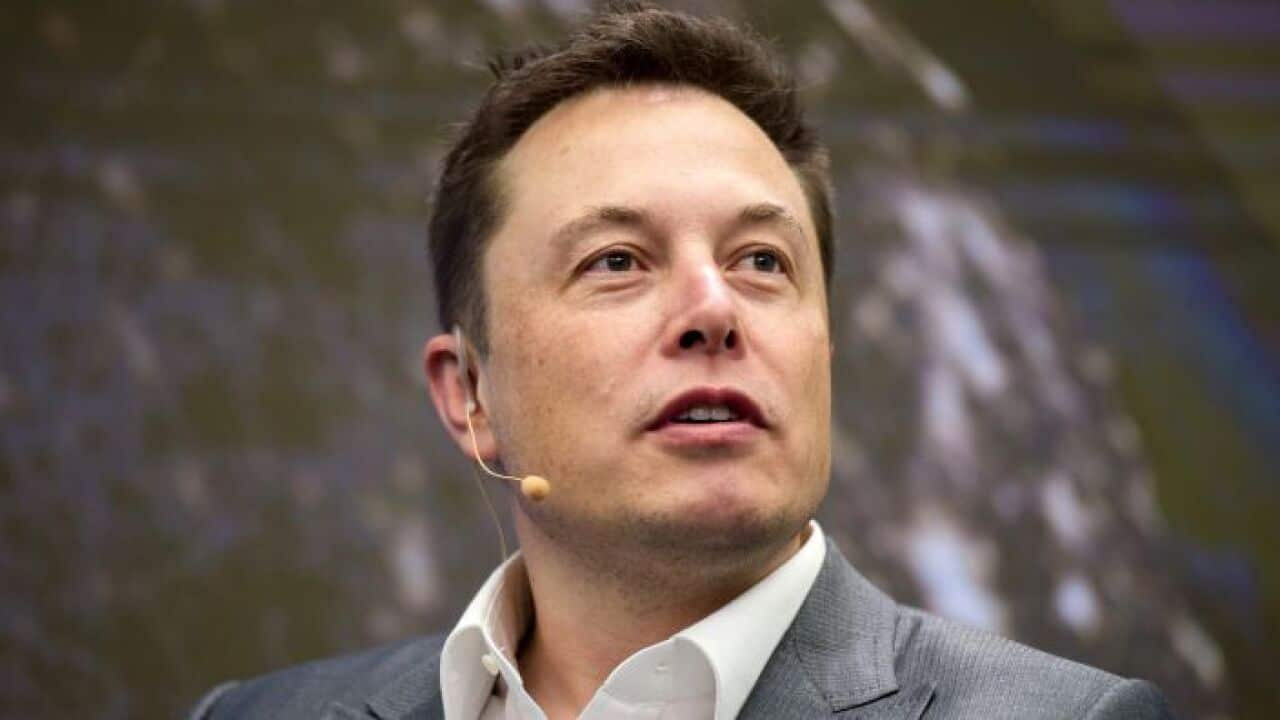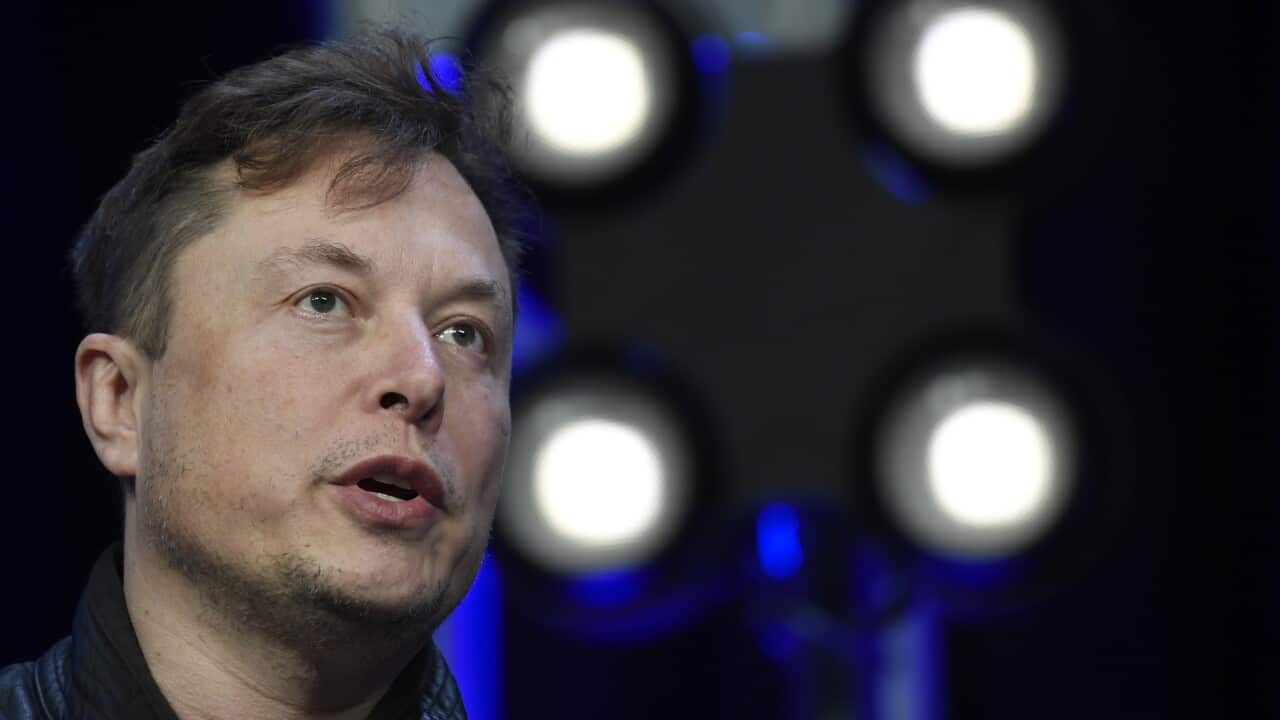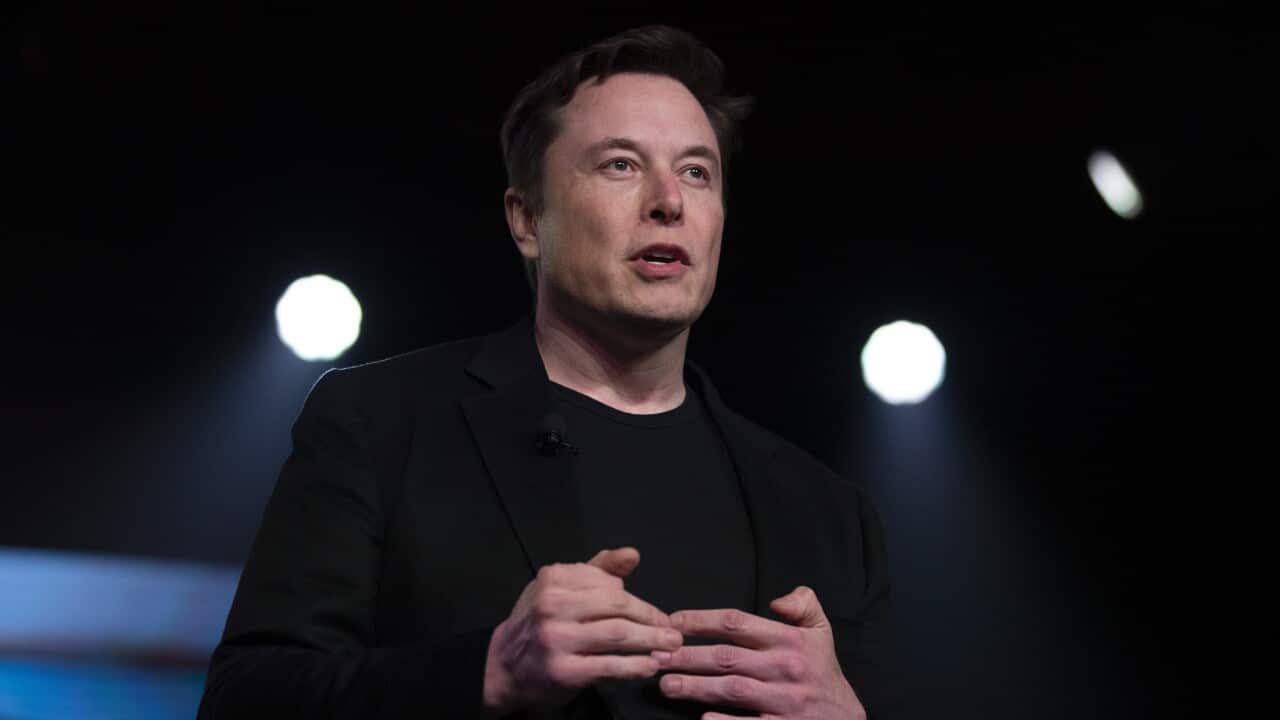Key Points
- Elon Musk has made further comments on the China-Taiwan dispute and the war in Ukraine.
- Community leaders in Australia claimed his comments are both inappropriate and "embarrassing".
Elon Musk's comments over the weekend on both the China-Taiwan dispute and the war in Ukraine have fueled another Twitter storm and ire from politicians, while community leaders in Australia claim the billionaire's thoughts were both inappropriate and "embarrassing".
The Tesla and SpaceX CEO, thought to be the world's richest person, on Saturday told the Financial Times that allowing China some control over Taiwan would help to resolve the cross-strait dispute.
"My recommendation . . . would be to figure out a special administrative zone for Taiwan that is reasonably palatable, probably won’t make everyone happy. And it’s possible, and I think probably, in fact, that they could have an arrangement that’s more lenient than Hong Kong," he said.
Yi-Tsun Chen, president of Taiwanese Assoc of Canberra, said the comments led him to believe Mr Musk was an "idiot". He said Mr Musk failed to understand that Taiwan had grown apart from China and has now developed it's own unique culture.
"When we are talking about the solution for any country, we always need to make sure that the solution has to be culturally appropriate, or even economically appropriate. And the culture between Taiwan and China has become very different compared to what it used to be," he told SBS News.
He said many people in Taiwan didn't view the dispute as a local one, but something that concerned international security, so the Taiwanese welcomed possible solutions from people outside the Taiwanese community where they were "appropriate".
"Solutions kindly offered by people who do not identify oneself as the Taiwanese will be greatly acknowledged by the locals if they are economically, culturally and diplomatically appropriate."
He added that many people "would not be happy" with Mr Musk's suggestion.
Taiwan's de facto ambassador to Washington Hsiao Bi-khim quickly responded To Mr Musk's comments on Saturday with a rebuke that "freedom and democracy are not for sale".
"Taiwan sells many products, but our freedom and democracy are not for sale," he tweeted. "Any lasting proposal for our future must be determined peacefully, free from coercion, and respectful of the democratic wishes of the people of Taiwan."
Meanwhile China's ambassador to the United States, Qin Gang, thanked Mr Musk "for his idea about a special administrative zone for Taiwan" in a tweet on Saturday. He also reiterated Beijing's call for "peaceful reunification and 'one country, two systems'" for the island.
'Ridiculous' words on war in Ukraine
Hours later, Mr Musk made comments on Twitter about the war in Ukraine, in which he appeared to liken the conflict to acts of hatred and perpetration on both sides.
He quoted what he described as a Russian proverb in which a "poor villager" is given a wish. While the villager is deciding between a castle, a ship or some gold, he is told that whatever he gets, his neighbour will receive two of the same. To this, he repsonds: "'In that case, please poke one of my eyes out."
"An eye for an eye leaves everyone blind," Mr Musk tweeted, adding below: "Because it runs recursively".
The tweet came hours after a blast damaged a bridge linking Russia to Crimea.
Stefan Romaniw, co-chair of the Australian Federation of Ukrainian organisations and vice president of the Ukrainian World Congress, said the 'eye for an eye' analogy was "ridiculous".
"Ukrainians are certainly not saying eye for an eye, Ukrainians are saying get out of our territory and everything will be fine," he told SBS News.
He said people commenting without knowing the background "embarrasses them".
"I think he should be a little bit embarrassed about what he said. Because he doesn't understand the situation. It's not just about saying, well, let's give away Tasmania because Tasmanians don't vote like we vote. The fact is that the war has a history. Russia is the aggressor. We all want peace. But we have to stop bowing to the bully."
Mr Romaniw said he doubted people were taking Mr Musk's comments seriously.
"People think because people are wealthy that immediately they're smart in all areas. He's very, very smart in his own area, but that doesn't make him a political or international analyst that we need to listen to.
"So I think you should stick to Tesla. Great idea, electric cars. Very smart man. International politics: lacking."
The tweet also sparked thousands of angry reactions on social media, with many furious at Mr Musk for speaking about a conflict on which he has no expertise and trivilaising it.
Days before, Mr Musk came under fire after tweeting a poll with suggestions about how to solve the war waging between Russia and Ukraine. The Tesla CEO suggested that an election be held in the regions annexed by Russia, supervised by the United Nations, and that Russia must leave "if that is the will of the people"; that Crimea be declared formally as part of Russia; and that Ukraine should remain neutral.
It sparked an angry furore including from the Kyiv Post, which suggested "it’d be so very wonderful if you were to carry out votes on things that you know about. We don’t carry out votes on apartheid and Nelson Mandela".
Mr Romaniw advised Mr Musk and others not to "advocate for quick fixes" when it comes to world conflicts.
"We're fighting a war of values ... Every day Ukrainians are dying, Russian soldiers are dying. They don't know why they're dying, half of them don't even though why they're there. Comments like that don't gel anymore, because everybody knows the situation.
"There will be no decisions made about Ukraine without Ukraine. So nobody's going to talk on behalf of Ukraine."
It's been widely reported that Mr Musk imports materials from Russia while Tesla's Shangai factory is said to produce between 30 and 50 per cent of the company's total production.
Beijing is closely aligned with Russia.
China claims Taiwan is one of its provinces and has long vowed to bring Taiwan under its control, not ruling out the use of force to do so. Democratically ruled Taiwan's government strongly objects to China's sovereignty claims.
China has offered Taiwan a "one country, two systems" model of autonomy similar to what Hong Kong has, which has been rejected by Taipei and has very little public support.











